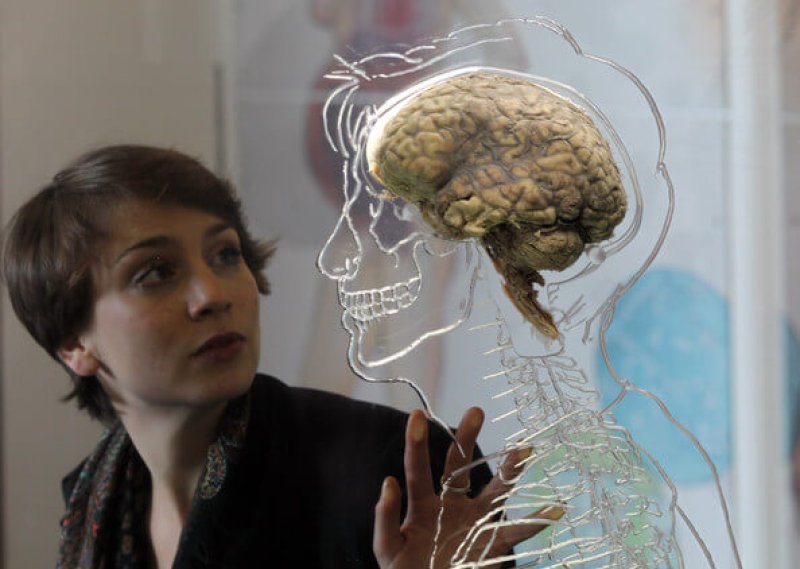By studying [brain organoids, researcher Frank] Jacobs could look for genes that are switched on more strongly in the growing brains of humans than in those of monkeys. And when he presented his data to his colleagues at a lab meeting, one gene grabbed everyone’s attention.
“There was a gene called NOTCH2NL that was screaming in humans and off in [the monkeys],” says Sofie Salama, who co-directs the Santa Cruz team with David Haussler. “What the hell is NOTCH2NL? None of us had ever heard of it.”
…
It’s unique to humans, and it likely controls the number of neurons we make as embryos. It’s one of a growing list of human-only genes that could help explain why our brains are so much bigger than those of other apes.
…
In extreme cases, the duplication of the NOTCH2NL genes can lead to macrocephaly, where people grow up with unusually large brains and heads. Conversely, the wholesale loss of these genes can lead to microcephaly—a condition of small brains and heads. Other changes in this region have been linked to autism, schizophrenia, and intellectual disorders. “It’s fascinating to think that the same mechanism that helped enable a bigger brain might also make us susceptible to these disorders,” Salama says. “We’re paying the price for the gain we got in our evolution.”
Read full, original post: A New Genetic Clue to How Humans Got Such Big Brains































